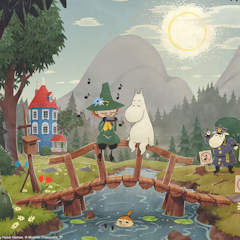
University of Liverpool

Founded in 1881 as the original ‘red brick’, the University of Liverpool is one of the UK’s leading research-intensive higher education institutions with an annual turnover of £597.6 million, including an annual research income of £146 million. A member of the prestigious Russell Group of the UK’s leading research universities, Liverpool is consistently ranked in the top 200 universities worldwide.
The University has 31,200 students, 7,900 of whom are international students, and a thriving community of more than 270,000 alumni in 187 countries. Its global focus has led to the establishment of a university in Suzhou near Shanghai, as well as partnerships with research institutes, universities, industry, governments and foundations all over the world.
91% of University of Liverpool research was rated world leading or internationally excellent, nine units are in the top 10 for outstanding research impact, and the University is ranked 19th in the UK for research power (REF2021). Liverpool is ranked among the world’s top 100 in the Times Higher Education Impact Rankings League, and the top institution for our partnership work in support of the UN Sustainable Development Goals (SDGs).
At the forefront of innovation and discovery, researchers at the University of Liverpool are advancing knowledge to improve lives. In 2020/21 there was £146 million total cost of research projects awarded.
The University of Liverpool has a strong heritage of public and global health research and knowledge leadership, enabling Liverpool to respond to Covid-19 with agility and at scale, delivering significant impact.
Associated with nine Nobel Laureates, Liverpool graduates have become pioneers across a variety of fields. The expansive alumni community includes the first female Director General of MI5; the first female judge to sit at the Old Bailey; five Nobel Prize winners, the first Chief Executive of Hong Kong and the founder of the Stirling prize for Architecture.
Links
Displaying 1 - 20 of 746 articles




















